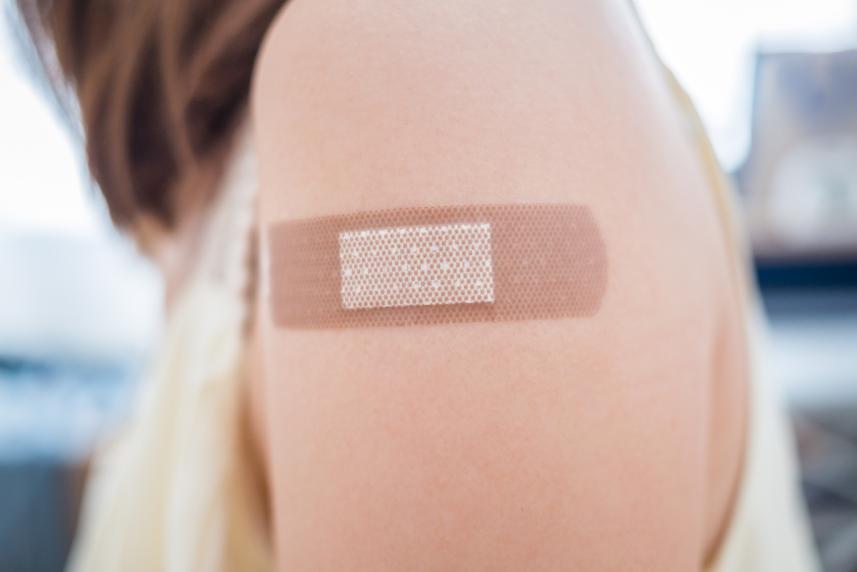7 flu shot myths, busted
Don’t miss out on the best flu protection

If you’re still wondering whether you need a flu shot, consider this: only 5% of people wash their hands well enough to kill germs, according to a study in the Journal of Environmental Health. On top of that, 10% of people skip washing their hands altogether.
With those statistics in mind, it’s no wonder that flu can spread so easily and why getting vaccinated is so important. Don’t think you need a flu shot, or worried you’ll get sick from it? Keep reading to clear up any flu shot confusion.
Myth 1: Only babies and older adults need a flu shot
Actually, everyone 6 months and older should get a flu shot, according to the Centers for Disease Control and Prevention (CDC). It’s especially important for children younger than 5, adults 65 and older, pregnant women, and anyone with a health condition like asthma or diabetes to get vaccinated because they’re at high risk of complications, including hospitalization. “But if you’re going to be around people who are at high risk for complications, you don’t want to be the one to pass the flu to them,” says Kisha Davis, MD, medical director of the Casey Health Institute in Gaithersburg, MD. “And can you afford to take a week off work if you get sick?”
Myth 2: You can get the flu from a flu shot
The truth is you can’t get the flu from a flu shot, which uses dead viruses that can’t make you sick. That doesn’t mean the flu-like symptoms some people feel after getting their shot are imagined. “Your body has to respond to the vaccine,” Dr. Davis says. “So you might have some side effects that mimic the flu, such as runny nose, fever, aches.” These minor side effects usually last 1 to 2 days. If you’re concerned about side effects, contact your doctor.
Myth 3: You shouldn’t get a flu shot too early
“It takes 2 weeks for the vaccine to be effective,” Dr. Davis says. You’ll get the most benefit if you get a flu shot as soon as they’re available since flu cases can pop up as early as October.
Myth 4: It’s too late to get a flu shot in January
Flu season peaks in January and February, but flu cases can occur as late as March or April. Though it’s best to get a flu shot sooner rather than later, you may still benefit from getting one in late January or early February, Dr. Davis says.
Myth 5: A flu shot only protects you from certain strains so there’s no point
Research shows that even if the strains included in a particular year’s flu vaccine aren’t a perfect match, a flu shot can still provide some protection against the circulating virus.
Myth 6: Children with egg allergies shouldn’t get a flu shot
All children should get a flu shot. Currently, the CDC recommends that children with egg allergies get their flu shot from their primary care physician or allergist so they can be monitored for any allergic reactions after getting the shot.
Myth 7: The flu vaccine is always a shot
The flu vaccine is also available as a nasal spray. Usually, it is an alternative to the shot for people between the ages of 2 and 49 who are not pregnant and who do not have a health condition. Talk to your doctor about what is best for you.


